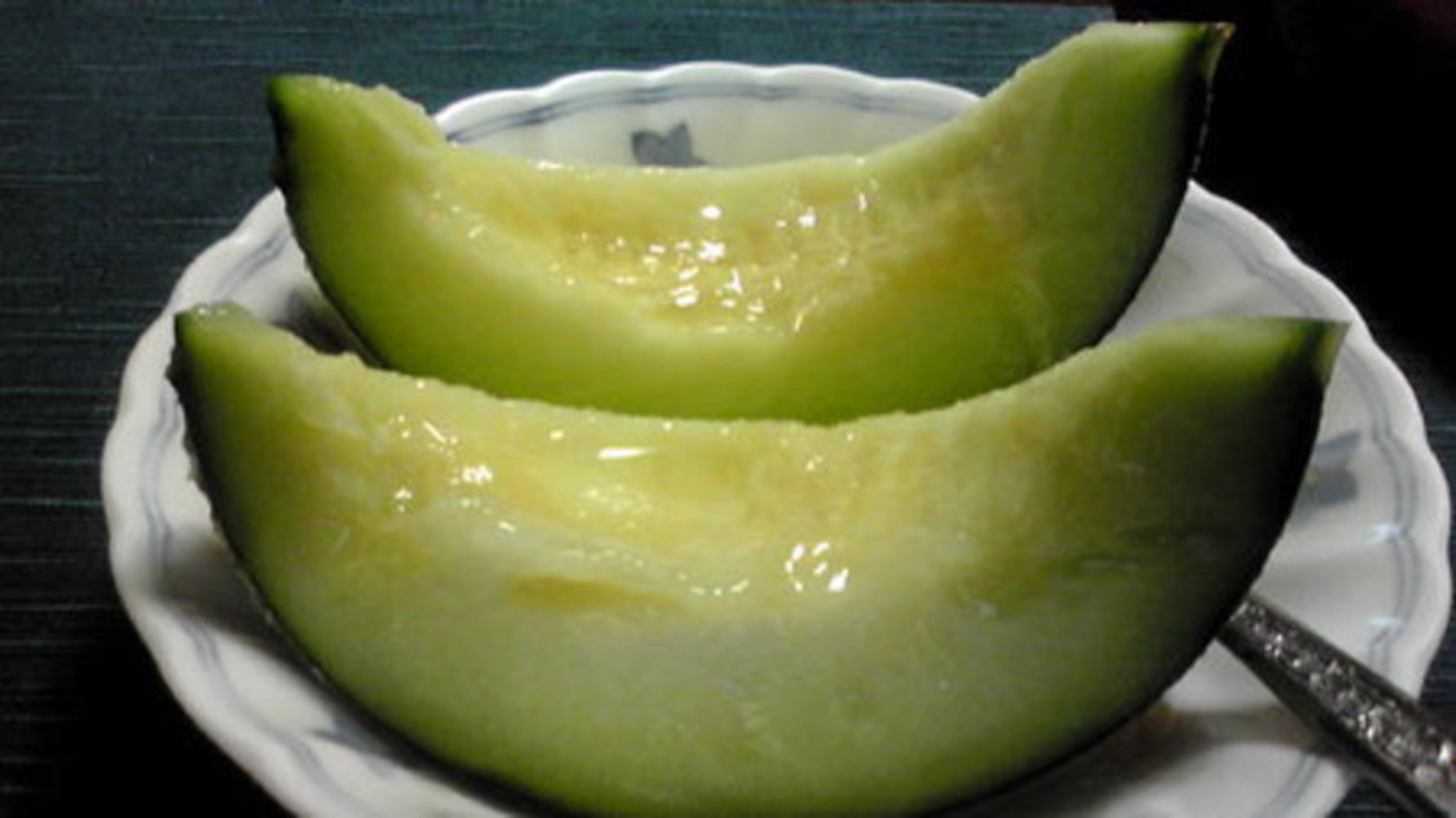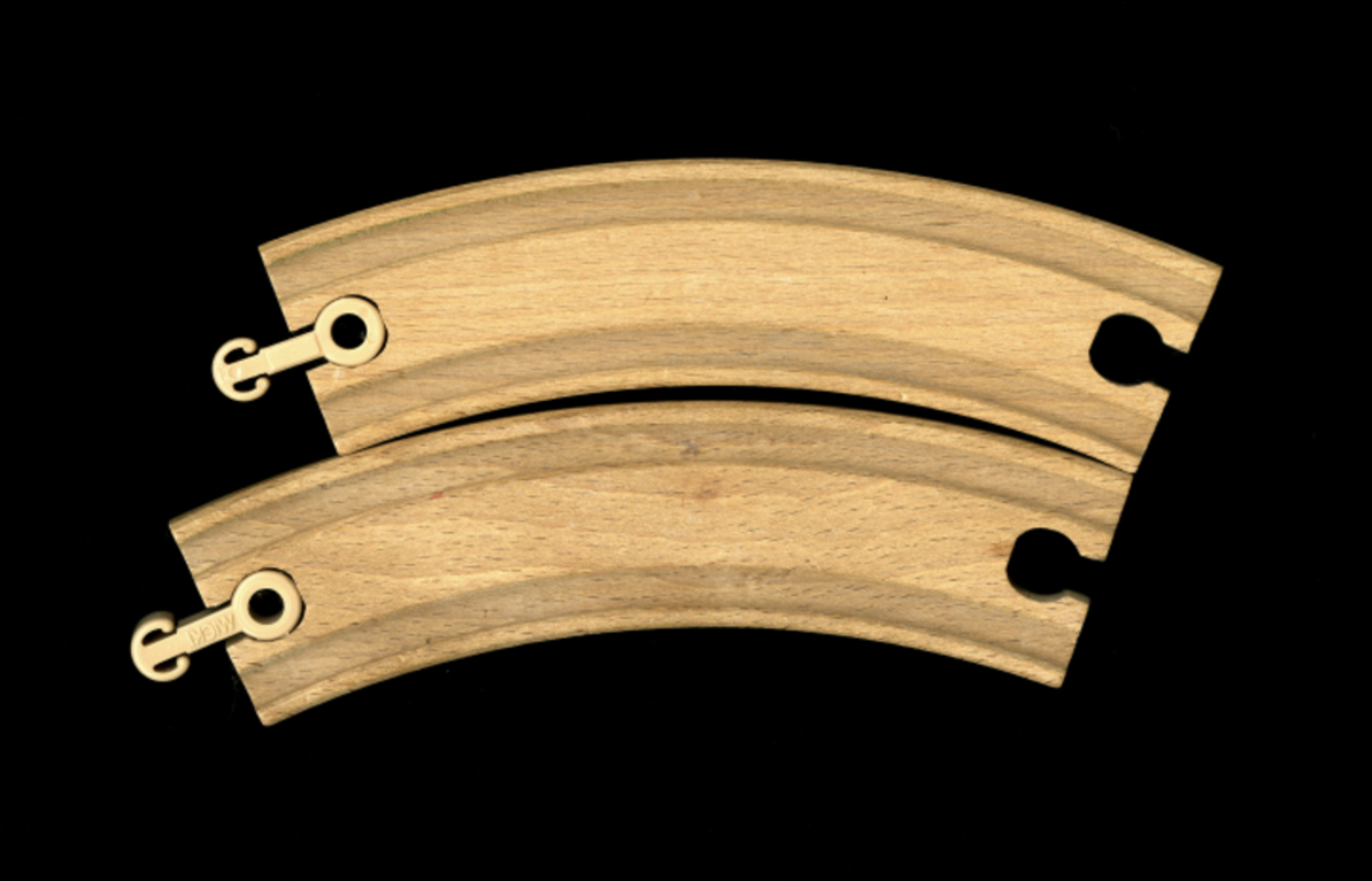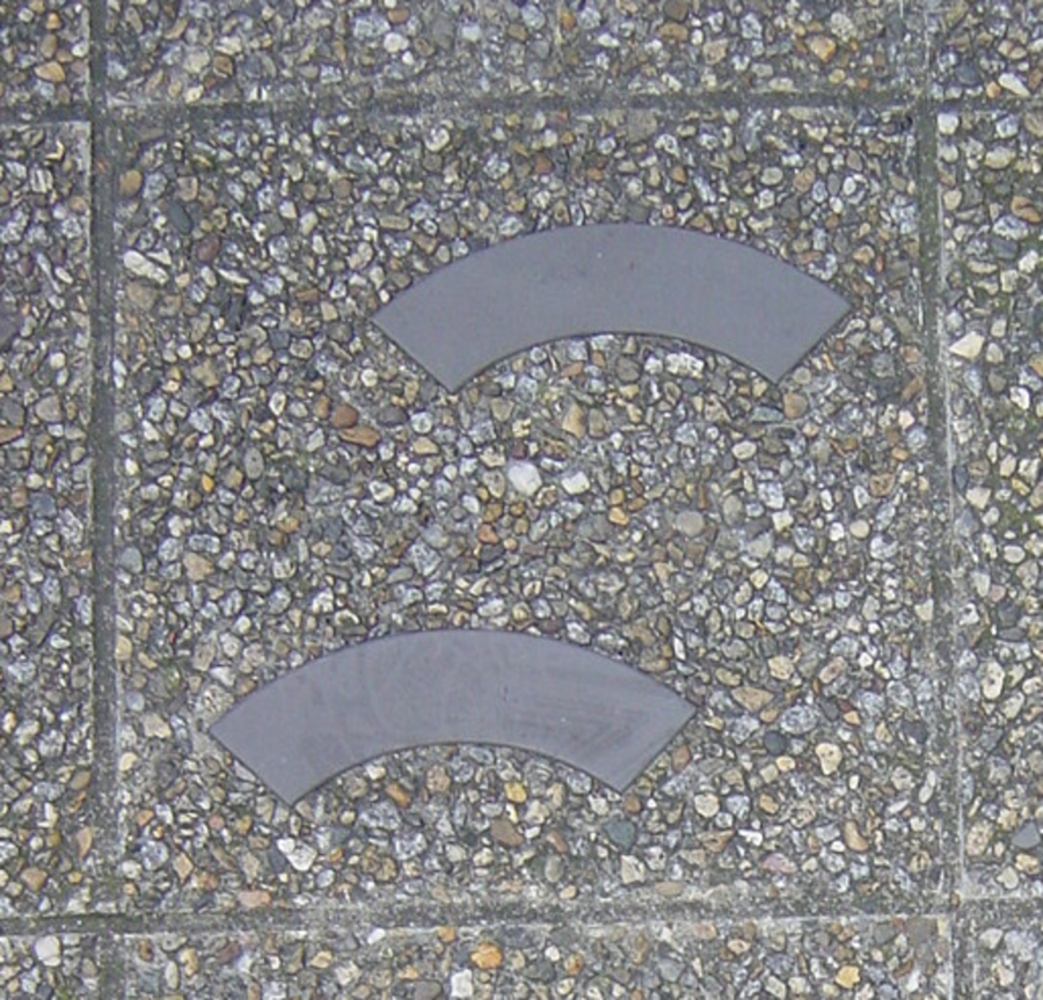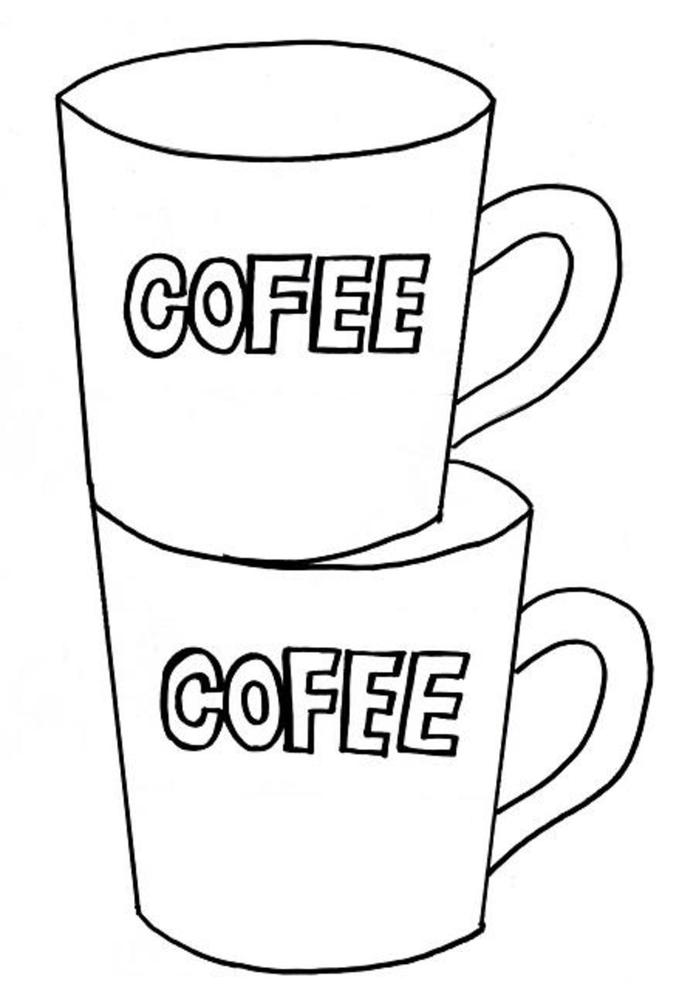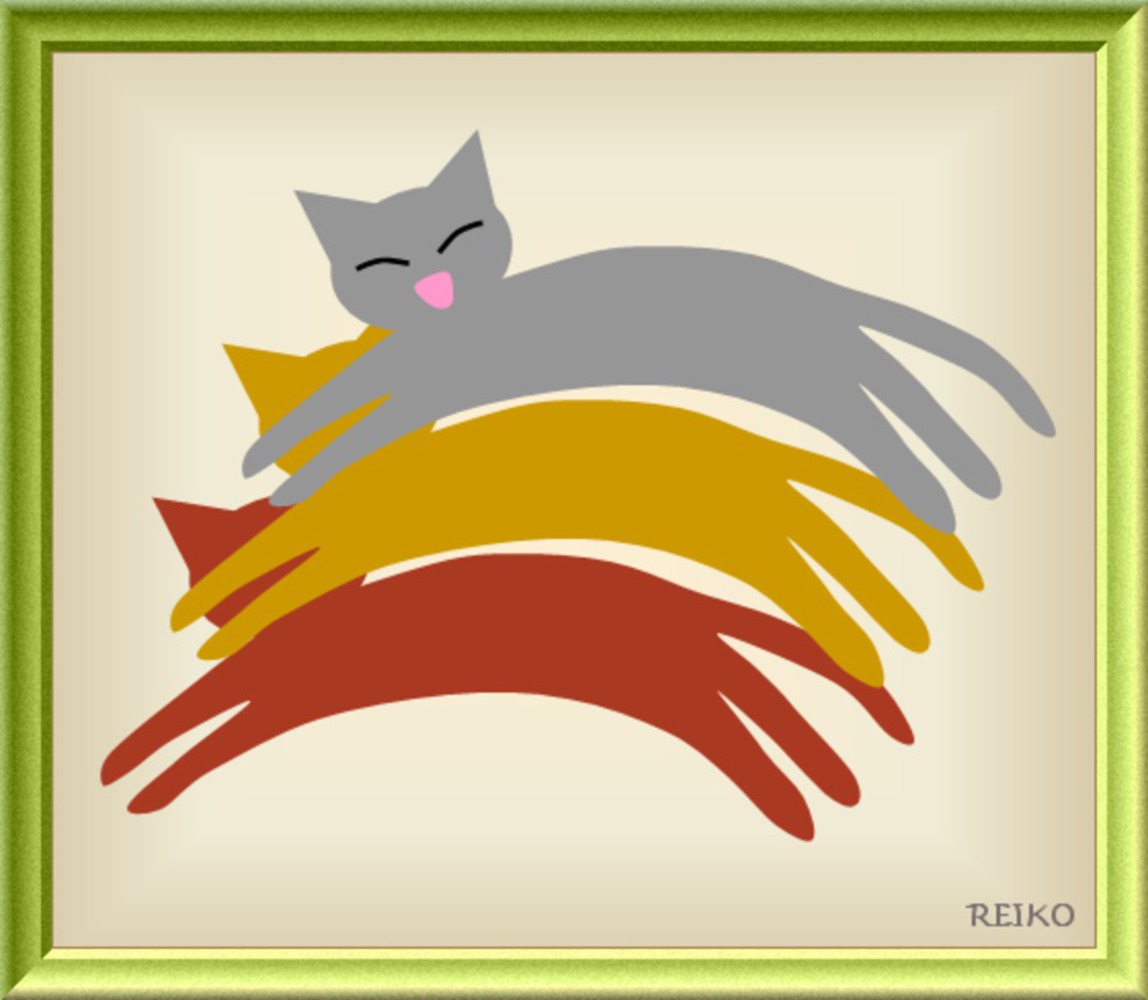Outcome
The Jastrow Illusion is an optical illusion discovered by Joseph Jastrow in 1889. The illusion works by messing with the perception. While people are not entirely certain how this illusion works, the accepted hypothesis is that people compare the short edge of the upper figure to the long edge of the lower one, or if flipped (which causes the lower figure to look larger) the long edge of the upper figure would be compared to the short edge of the lower figure. This contrast between two edges placed together tricks the mind into perceiving one figure as larger than the other despite the two being the same size.
For any sort of curved, fan-like surface this illusion is present. However, it can easily be seen in food like bundt cake and baumkuchen as well as fruits placed on plates. Based on orientation and placement, oftentimes one slice of food will appear larger than the other, which effects the decision-making of the person choosing a slice to eat. Because one appears larger than the other its value to the person looking at it changes. When discussing things like cake-cutting, this can become problematic, since we often assume that the value of a slice of two homogeneous and equal-sized pieces should be the same for a single person, however the illusion might trick a person to evaluate one slice as worth more than the other.
Objects also have the same quality, especially those with fan-like shapes. A simple object such as a toy train track can fool the eye into thinking one rail is actually bigger than the other, when they are in fact the same. In fact, it is also seen in things like street tiles, such as the ones in Shijo Karasuma.
My favorite example of the Jastrow Illusion and the reason why I decided to research it was this clip from an anime called Detective Conan. Here they use the illusion as a murder trick, where the victim was the only one poisoned from eating cake because the murderer used the Jastrow illusion to poison one of two equal sized-slices but positioned them so that the victim would choose the seemingly "larger" slice.
I thought these next two examples were amusing. Take two equal sized coffee cups and stack them like in the Jastrow illusion. Naturally, we'd want to drink the one on the bottom since it looks larger than the other! The other picture is one of three equal-sized cats stacked on top of each other, but looking at them, it seems the one on top is the smallest one, which could be interpreted anywhere from a cat falling to the ground and the other 'cats' are shadows to three cats stacked on top of each other with the 'smallest' cat on top.
The illusion itself is quite simple, but I think it can be leveraged to make art based on confusing the perception of the audience. We also tend to make judgements by comparing things with our eyes, and snap decisions about size often involve judging the relative size of something based on whatever similar edge happens to be closest. Optical illusions were used to great effect in OKGO's music videos, especially The Writing's on the Wall, where color and geometric illusions were used to wow and confound the viewers while they listened to the music created by the band. Jastrow's illusion I think could be well leveraged in pieces taking advantage of perspective and the warping of perspective. It would be interesting to see it used in a 3D program like Maya which could move pieces so they may seem to be changing size but are in actuality the same size.
You can upload files of up to 20MB using this form.
